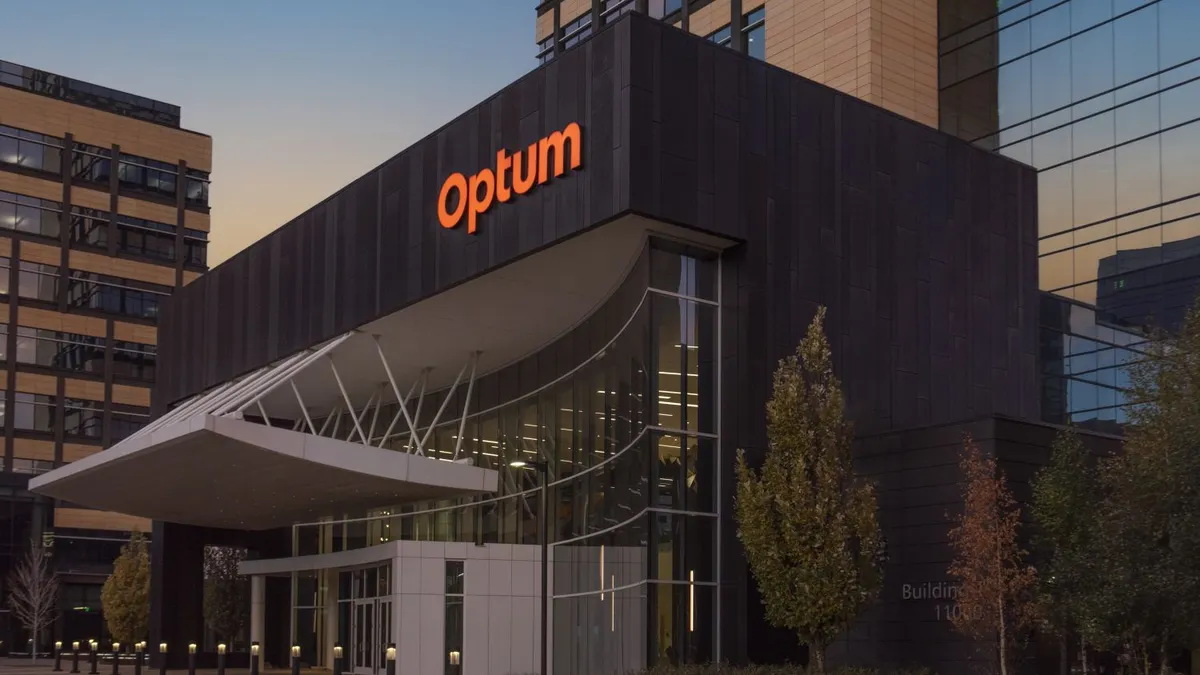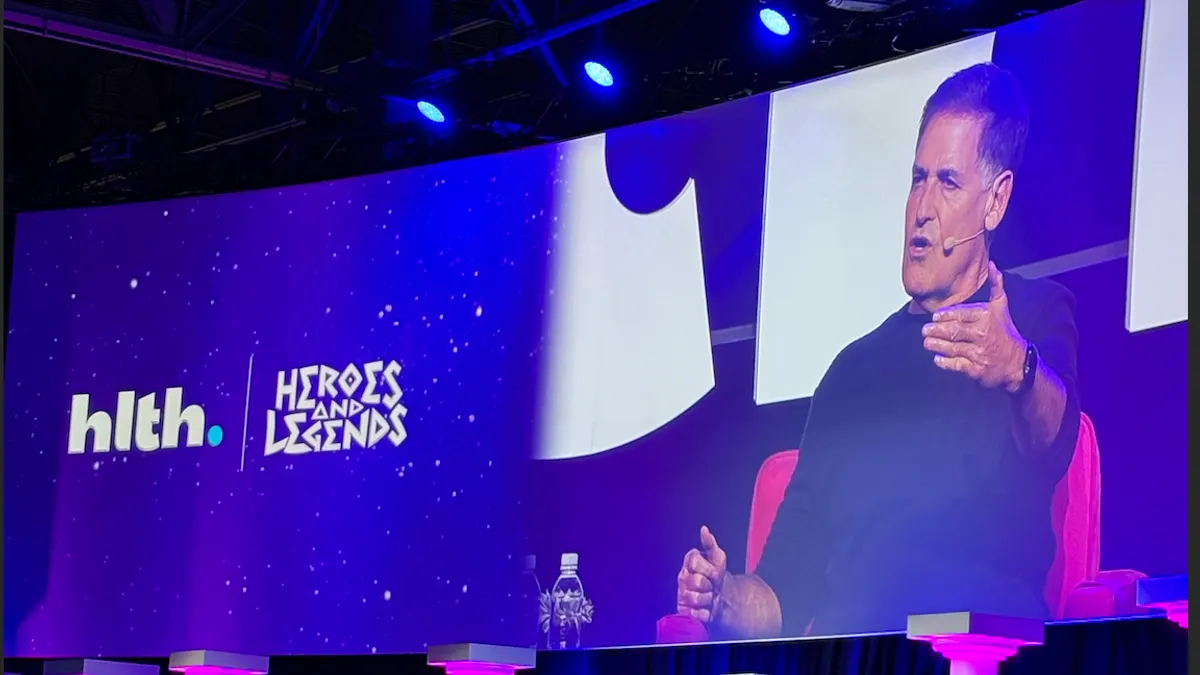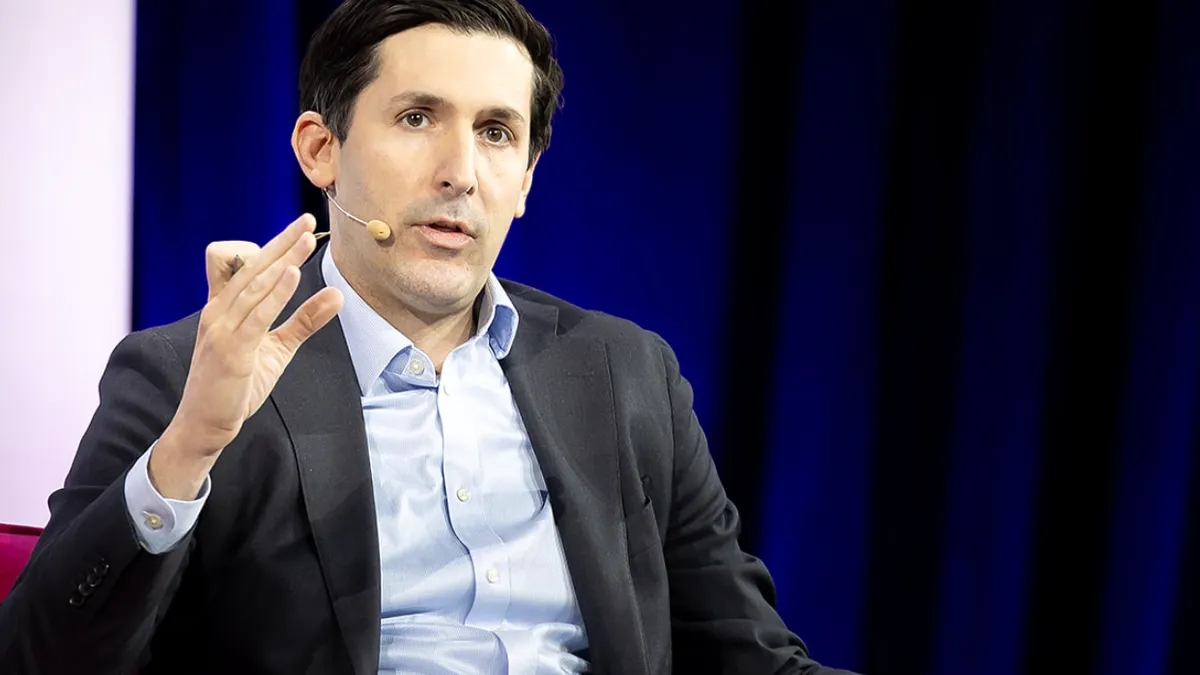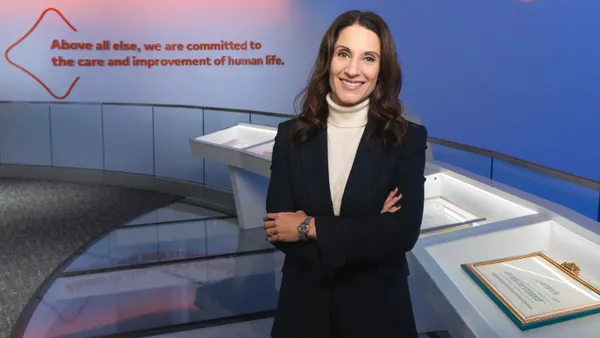Dive Brief:
- Optum launched an artificial intelligence-backed system Tuesday that aims to speed and simplify the medical claims and reimbursement process.
- The tool, called Optum Real, allows providers to message and receive information about patients’ health benefits. Optum said the tool could potentially avoid claims denials and give patients more transparency about coverage.
- “The provider doesn’t have to guess. They can ask the payer in real time,” Puneet Maheshwari, general manager of Optum Real, told Healthcare Dive at the HLTH 2025 conference in Las Vegas. “So it’s not two weeks after when somebody is doing the coding of the chart.”
Dive Insight:
Healthcare spends billions of dollars annually to manage financial transactions like claims processing, prior authorization requests and bill collections. Meanwhile, patients are frequently in the dark about their coverage and cost of their care, sometimes receiving bills for services weeks later.
That’s one area where AI has promise, experts say. The technology has dominated discussion at the HLTH conference this year, igniting hopes the products could help solve the sector’s pernicious workforce challenges and the heavy burden of administrative work placed on providers.
But if payers and providers adopt dueling AI products that handle each side of claims submission and review, the healthcare sector won’t really fix the lengthy process, Maheshwari said.
“Today, it’s my rule-based system against your rule-based system,” he said. “Tomorrow, it’s going to be my AI versus your AI.”
Optum Real aims to allow real-time data exchange between insurers and providers so they can catch potential errors or problems when the claim is submitted and immediately validate coverage, Optum said in a press release. The tool uses AI to sift through payer contracts and guidance to help providers and insurers make faster decisions about claims.
UnitedHealthcare, the health insurance arm of Optum parent company UnitedHealth, is the first health plan to adopt the technology.
Allina Health, which operates 12 hospitals and over 90 clinics in Minnesota and western Wisconsin, is also testing the tool for radiology and cardiology, according to a press release. So far, the system has helped process more than 5,000 visits.






















